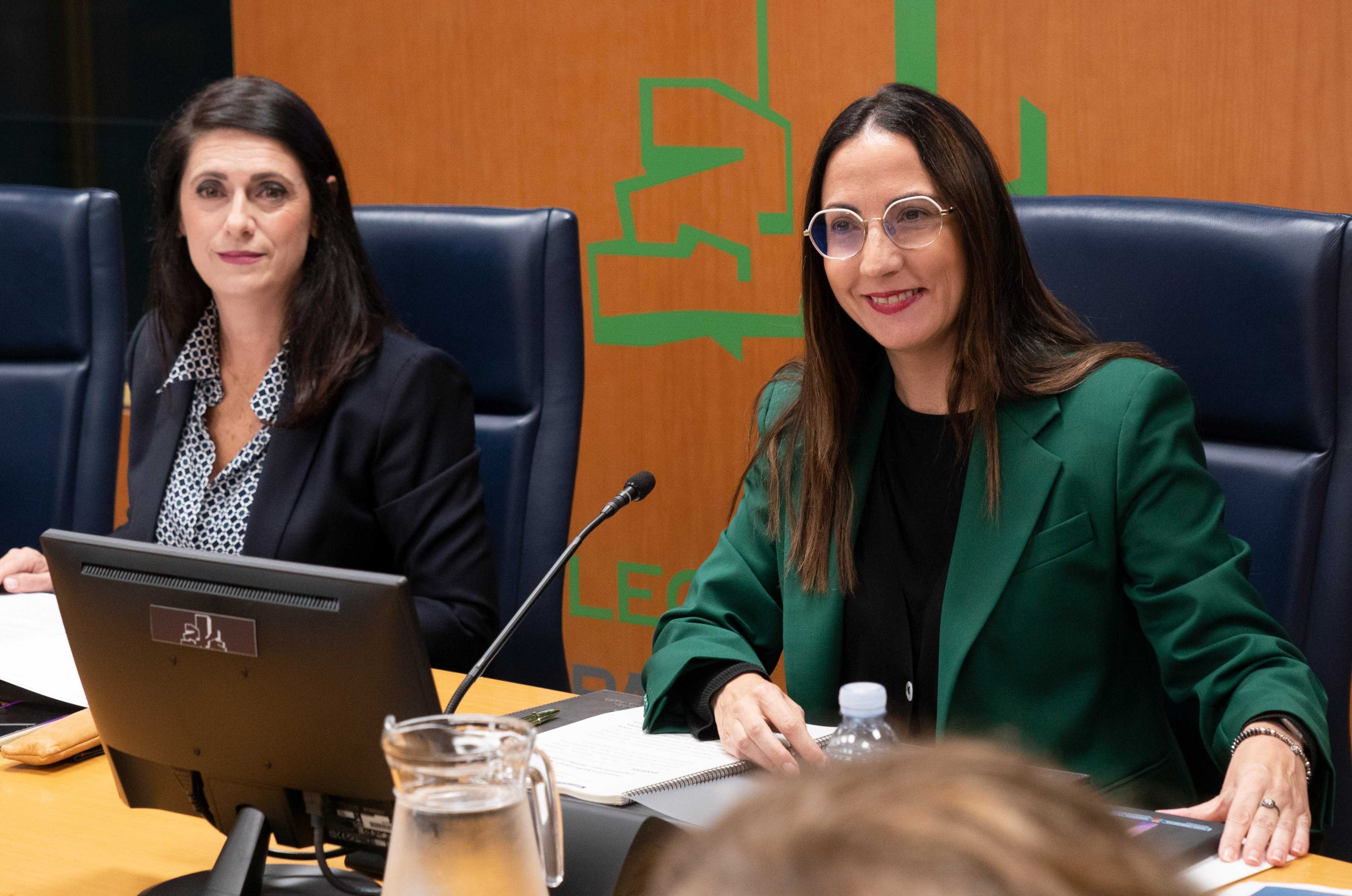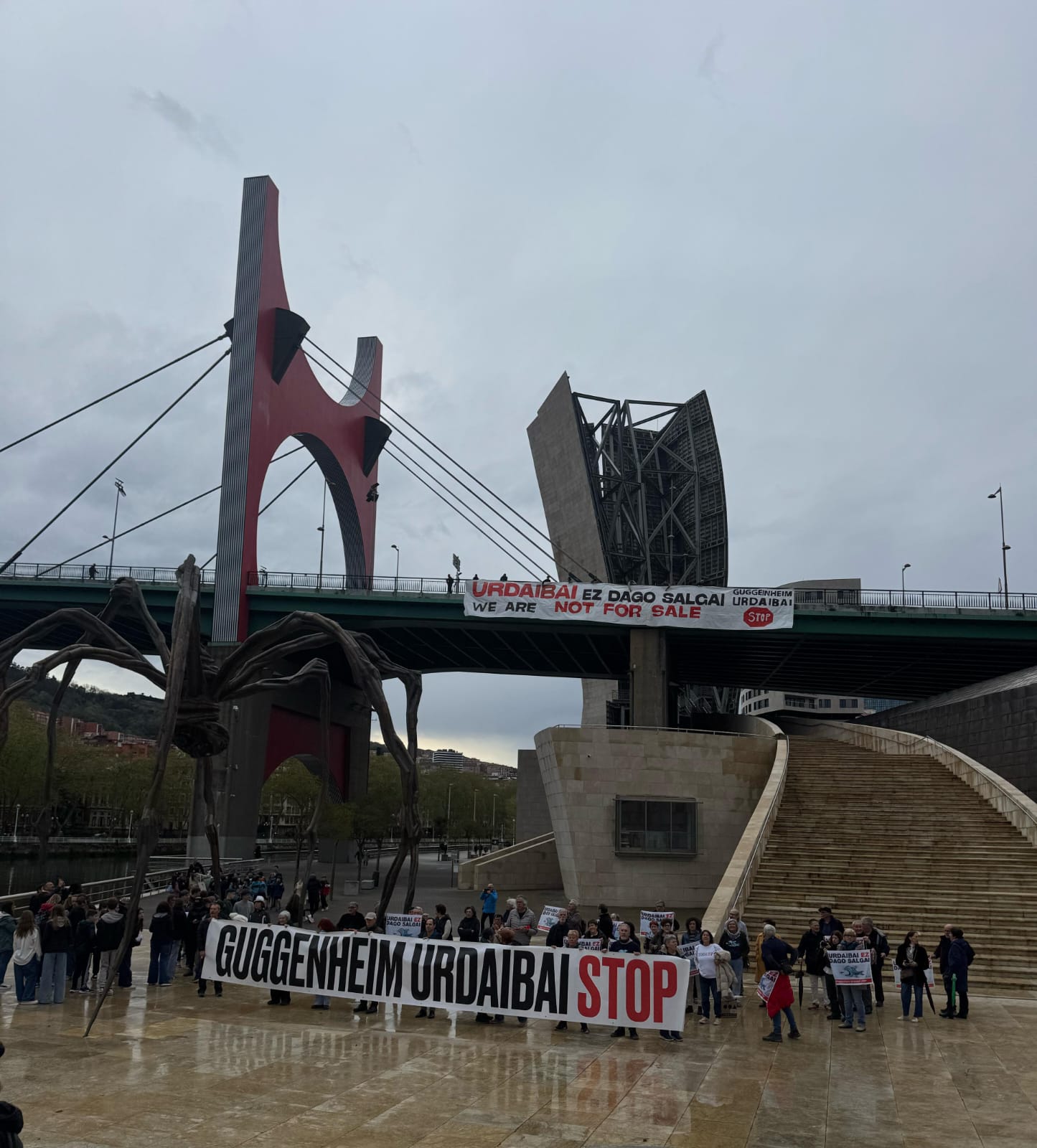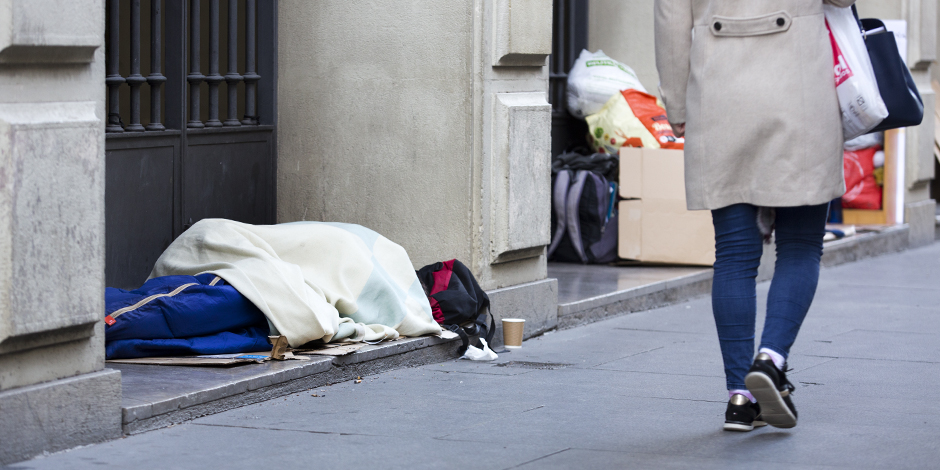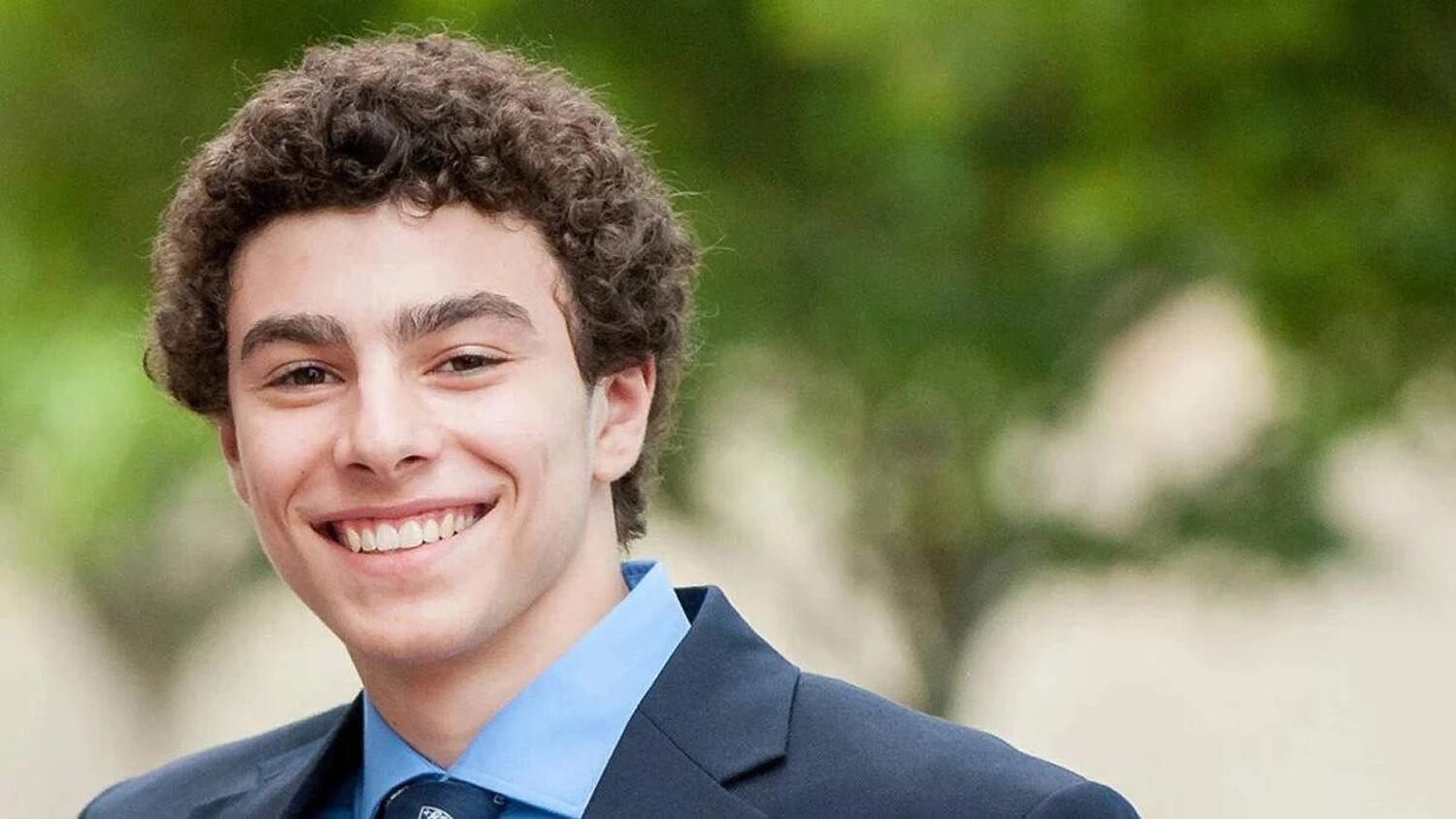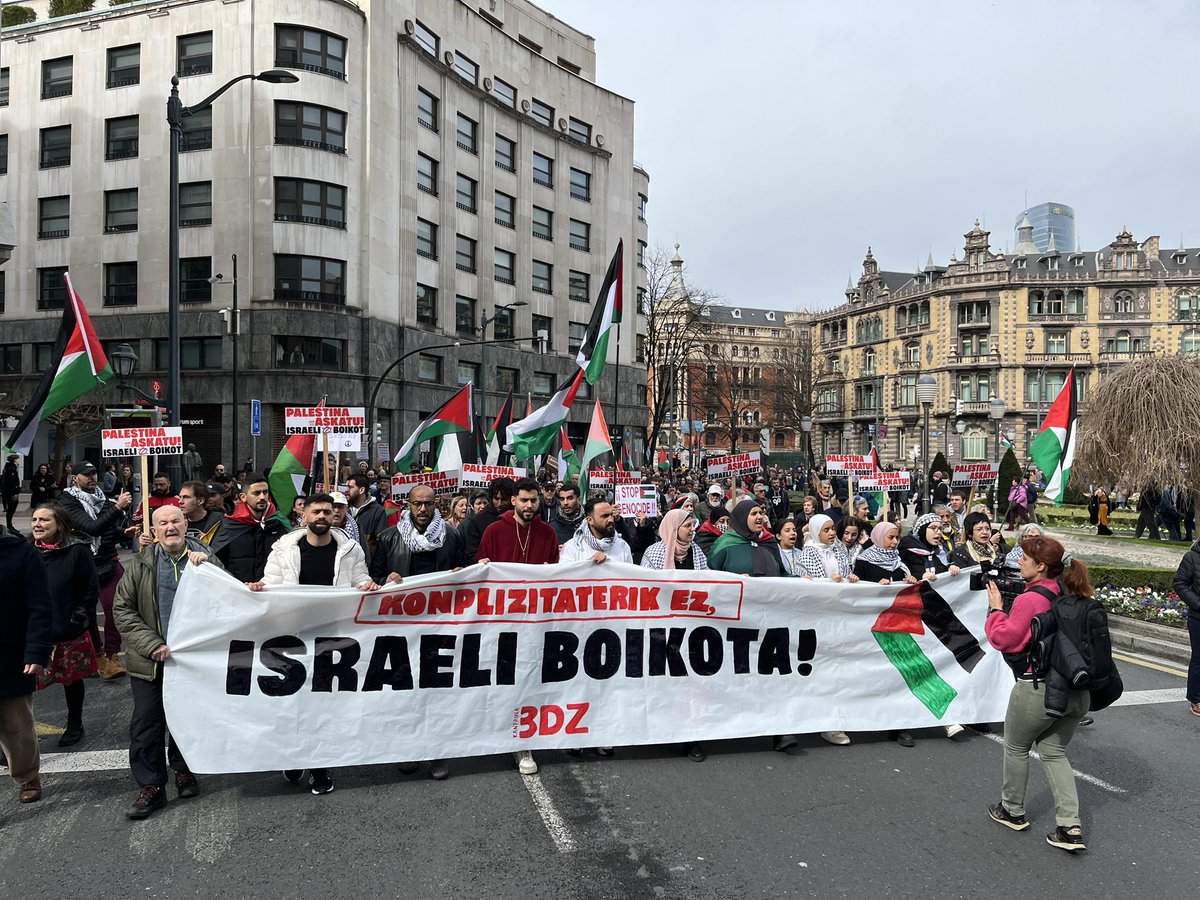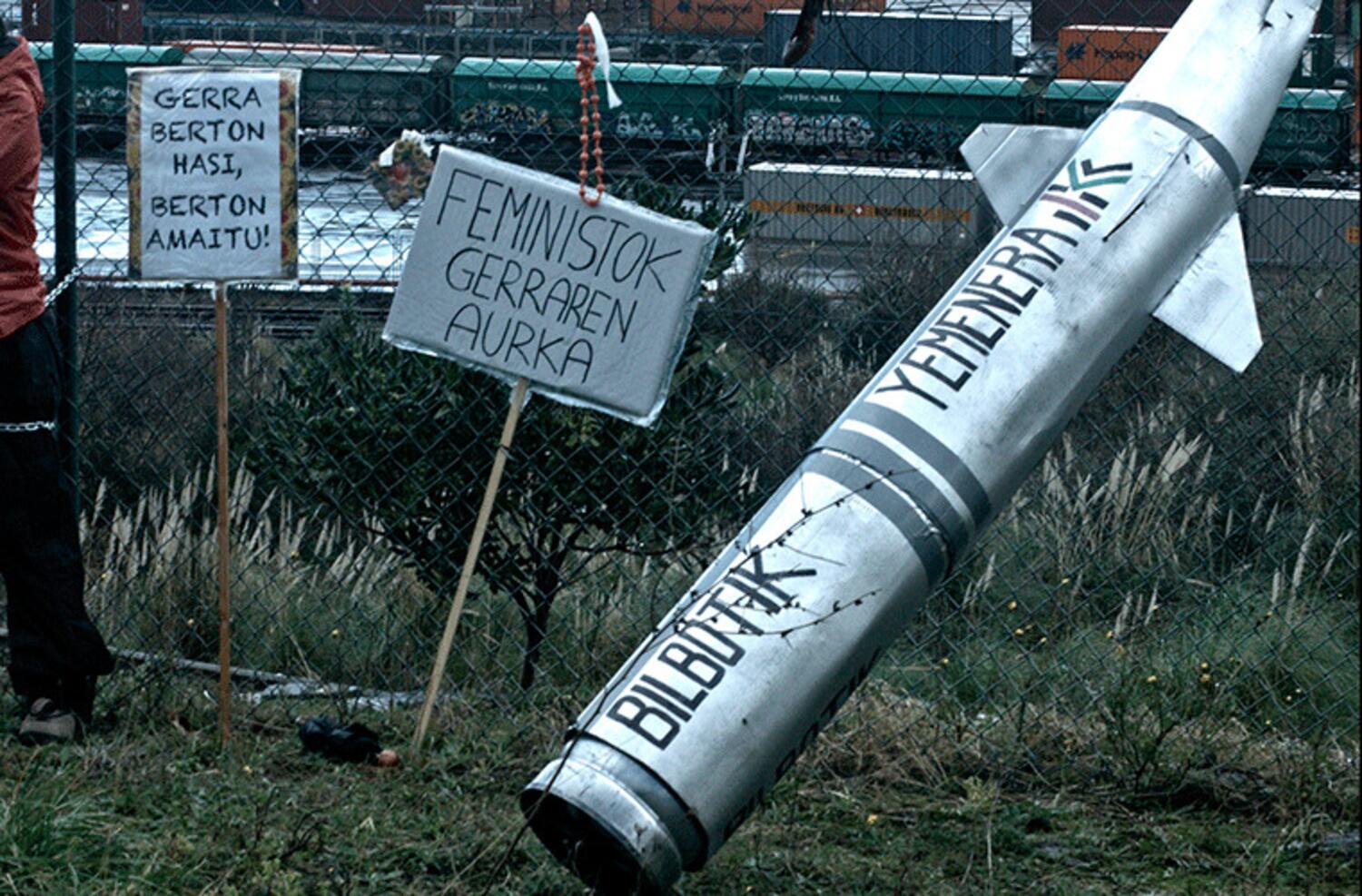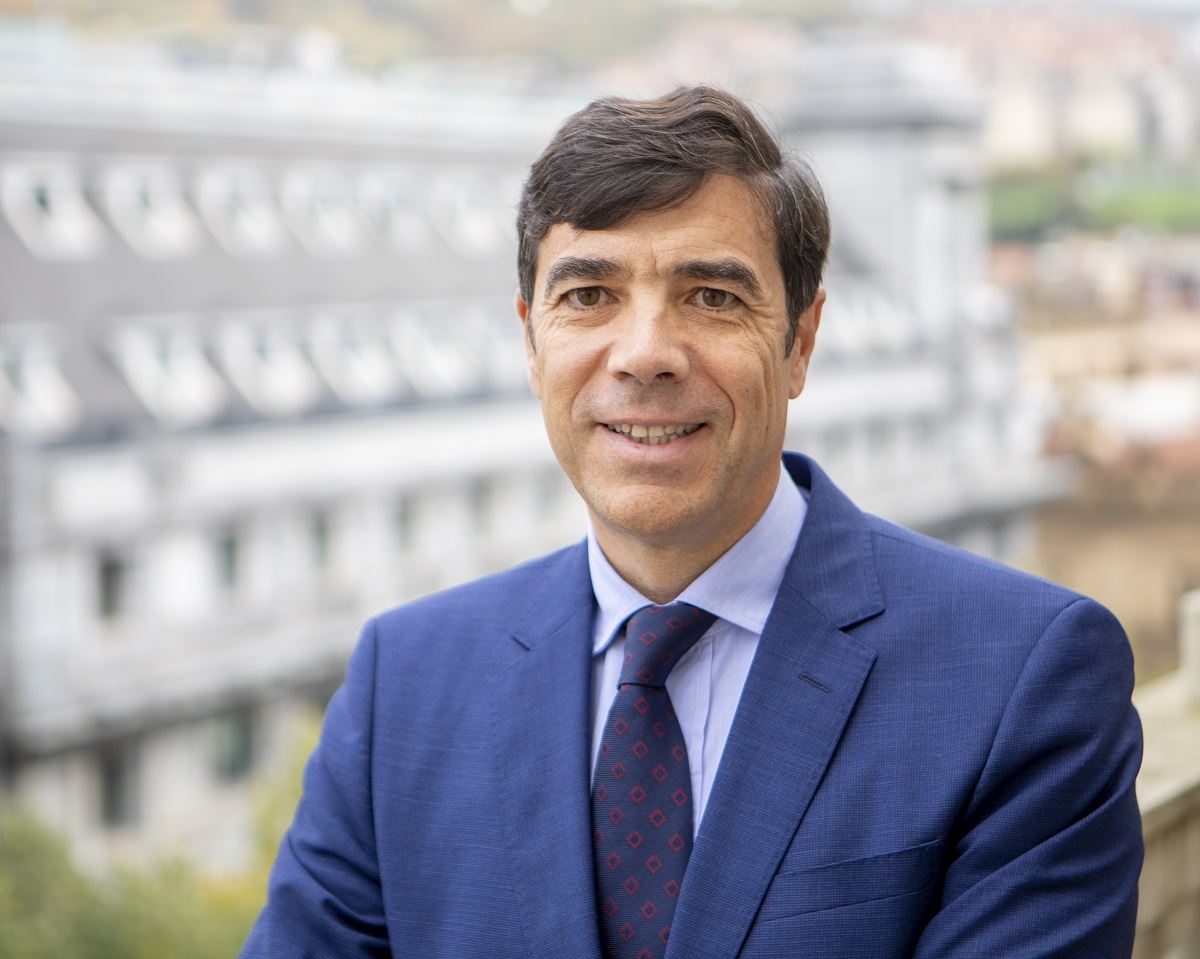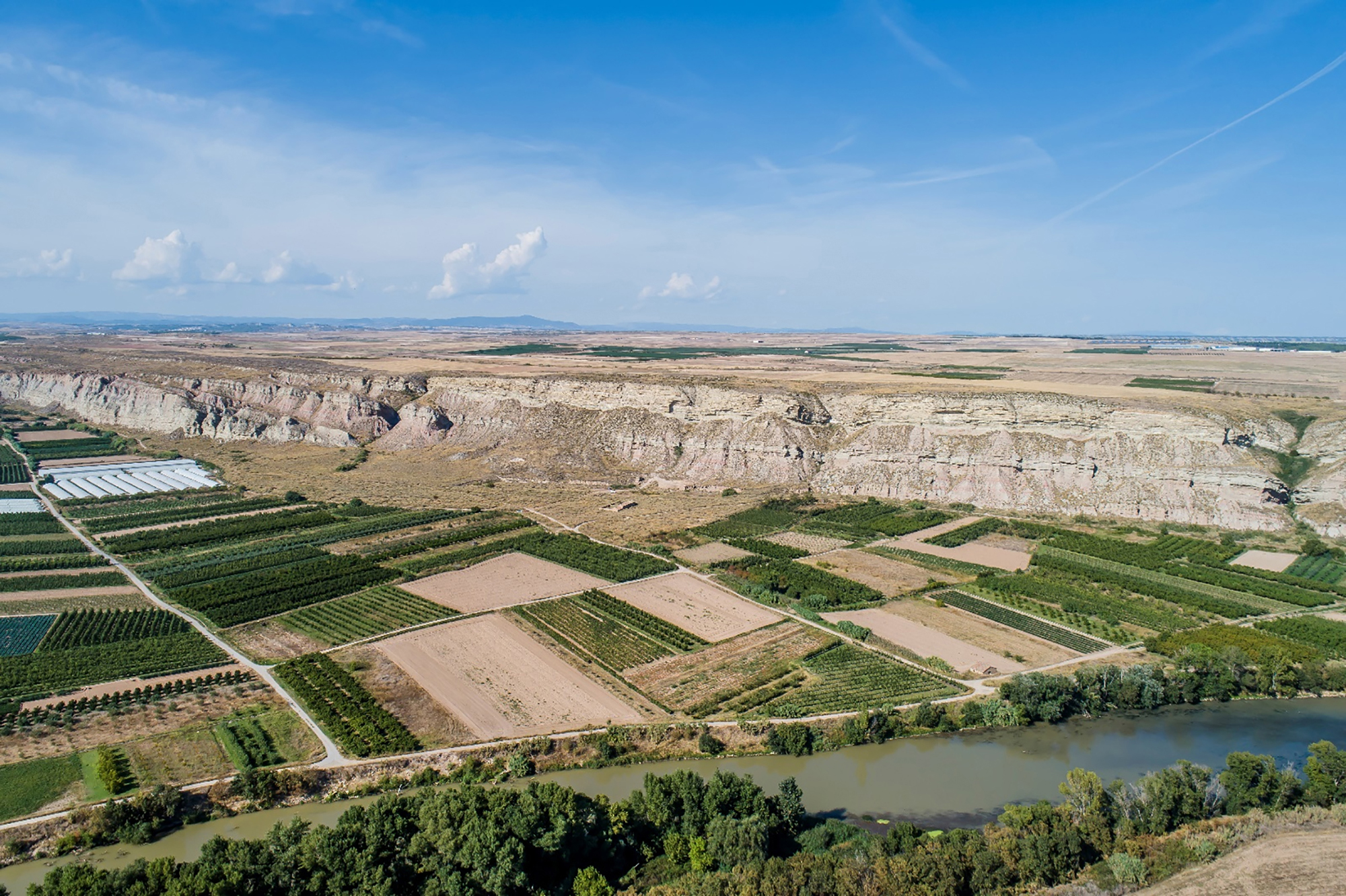They're not our heroes.
- Although it has had little echo, today I bring you a news that came to us last year from New York. A statue of the Sims gynecologist has been removed from Central Park, in response to activists' demands.

Doctor Sims is known as the founder and father of modern gynecology, among other things because in 1855 he founded in New York the first hospital for women and was the creator of many instruments and methods currently used by gynecologists.
However, this father's achievements in gynecology are the result of his surgical experiments with black slave women. No authorization and approval from these women, no anesthesia. And it's not the only case.
The history of gynecology has been written about the bodies of anonymous slaves and poor women. And in addition, we carry in our bodies, in our allusions, the recognition of the names of those men that we do not dare to call them Sadi who have made vivisections, heroes of gynecology. Skenne, Fallopio, Bartolino.
“He’s not our hero” (#NotOurHero) they say from New York, and endorsing the demands of these women activists, today I bring a feminist claim to take away all the spaces of recognition in the public space of these characters. They're not our heroes. We don't want a story written with violence about the bodies of poor women. We need all these men out of our bodies and our souls.
But what's more, we have to fill our bodies with our own words and meanings. Violence also involves calling “uterus” the organ of reproduction of the uterine bodies (and only to it). The bodily experience and the self-management and autonomy of the processes, which is also called in our own words. Embody, feel and say from ourselves. For them and for them, by the proper names that, without man or law, are allowed. Let's start!
This news has been published by Klitto. We brought it to the Basque Country thanks to the CC-BY-SA licence.
Gergely Gulyas Hungariako Presidentetza ministroak eman du erabakiaren berri, Hagako auzitegiak atxilotze agindua ezarrita dion Benjamin Netanyahu Israelgo lehen ministroa herrialdera heldu den egun berean. Israelgo armadak Gazako eremu gehiago hartzeko asmoa duela... [+]
Araba, Bizkaia eta Gipuzkoako hezkuntza publikoko irakasleek urtarrilean abiaturiko greba zikloaren bigarren kolpea amaitu eta biharamunean deitu du bilera Eusko Jaurlaritzako Hezkuntza Sailak. Begoña Pedrosa sailburuak adierazi du "akordio bat lortzeko nahia"... [+]
Bilboko Guggenheimeko museoaren kanpoaldean bildu dira plataformako kideak, bertan zuelako bere lehen agerraldi publikoa Bilboko Guggenheim Museoko zuzendari berri Miren Arzallusek. Landuko dituen ildoez hitz egiteko "goizegi" dela adierazi du Arzallusek, nahiz eta... [+]
Behatokiak Hizkuntza Eskubideen Egoera 2024 txostena aurkeztu du. Herritarrek helarazitako gertakarien bilduma aztertuta, ondorioztatu dute 2024an egoerak ez duela hobera egin, eta gainera, kexak jaso dituzten hainbat entitateren eskutik urraketak iraunarazteko jarrera sumatu... [+]
Duela aste batzuk, Diputazio kalean, Gasteizko erdigunean, bi gizonek etxerik gabeko pertsona bat bota zuten lo egiten zuen lokalaren kanpoaldeko eskailera-buru txikitik. Bota ez ezik, berehala metalezko baranda bat ere jarri zuten lonjaren aurrean. Lokala luzaroan hutsik egon... [+]
Mundu osoarentzat %10eko muga-zerga globala inposatuko du Donald Trumpen administrazioak, eta hainbat herrialderen inportazioak are gehiago zergapetuko ditu, tartean Txinakoak (%34) eta EBkoak (%20). Baina Hegoalde Globaleko herrialdeak izango dira kaltetuenak: Lesoto (%50),... [+]
Linear A is a Minoan script used 4,800-4,500 years ago. Recently, in the famous Knossos Palace in Crete, a special ivory object has been discovered, which was probably used as a ceremonial scepter. The object has two inscriptions; one on the handle is shorter and, like most of... [+]
Londres, 1944. Dorothy izeneko emakume bati argazkiak atera zizkioten Waterloo zubian soldatze lanak egiten ari zela. Dorothyri buruz izena beste daturik ez daukagu, baina duela hamar urte arte hori ere ez genekien. Argazki sorta 2015ean topatu zuen Christine Wall... [+]









